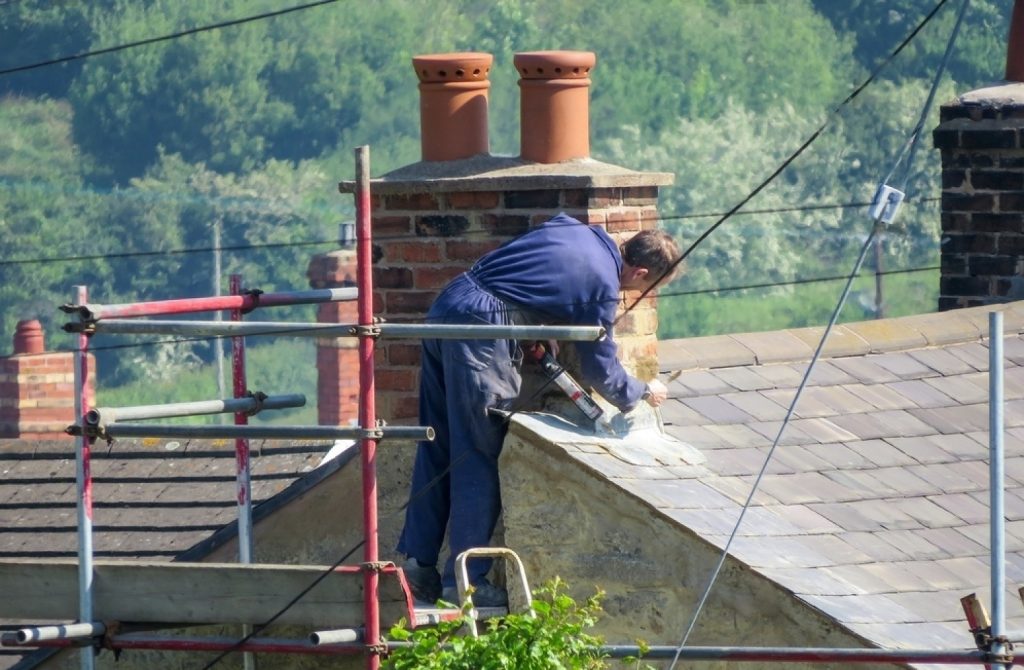Inheriting a property in the UK can be a significant benefit, providing the recipient with a valuable asset that they can use or sell. However, there are also some potential downsides that come with inheritance. In this article, we will discuss some of the disadvantages of inheriting properties in the UK. Here at sell my house swiftly we help and guide clients to sell their inherited houses.
- Inheritance tax
One of the main disadvantages of inheriting a property is that it can be subject to inheritance tax. Inheritance tax is a tax on the estate of the deceased person, including all their assets, including property. Currently, the threshold for inheritance tax is £325,000, which means that any assets above this value will be subject to a tax rate of 40%.
- Maintenance and repairs
Inheriting a property also comes with the responsibility of maintaining and repairing it. Depending on the condition of the property, this can be a significant expense. Even if the property is in good condition, regular maintenance will be required to ensure that it remains in good condition.
- Difficulties in selling
Inheriting a property can also come with difficulties in selling it. For example, if the property has multiple beneficiaries, they may have differing opinions on how to sell the property, which can lead to disagreements and delays. Additionally, if the property is not in good condition, it may be difficult to find a buyer.
- Capital gains tax
If the inherited property is sold at a higher price than its current market value, the difference will be subject to capital gains tax. Capital gains tax is a tax on the profit made from the sale of an asset, including property. Currently, the capital gains tax rate in the UK is 28% for residential properties and 20% for other assets.
- Emotional attachment
Inheriting a property can also come with emotional attachment, which can make it difficult to sell. For example, if the property has been in the family for generations, there may be sentimental value attached to it, which can make it difficult to let go of.
- Renting out the property
If the property is rented out, it can come with its own set of challenges. For example, managing tenants, dealing with repairs and maintenance, and ensuring that rent is paid on time can be time-consuming and stressful.
- Capital gains tax on rental income
If the inherited property is rented out, the rental income will be subject to income tax, which can significantly reduce the profit made from renting the property. Additionally, if the property is sold at a higher price than its current market value, the difference will be subject to capital gains tax, as mentioned above. Read more disadvantages here of inheritance property.
In conclusion, inheriting a property in the UK can be both a blessing and a curse. While it can provide a valuable asset that can be used or sold, it can also come with significant expenses and responsibilities, such as maintenance and repairs, difficulties in selling, emotional attachment, and taxes. It is important to consider all the advantages and disadvantages before deciding what to do with the inherited property. Seeking the advice of a professional, such as a financial advisor or tax expert, can be beneficial in making an informed decision.

